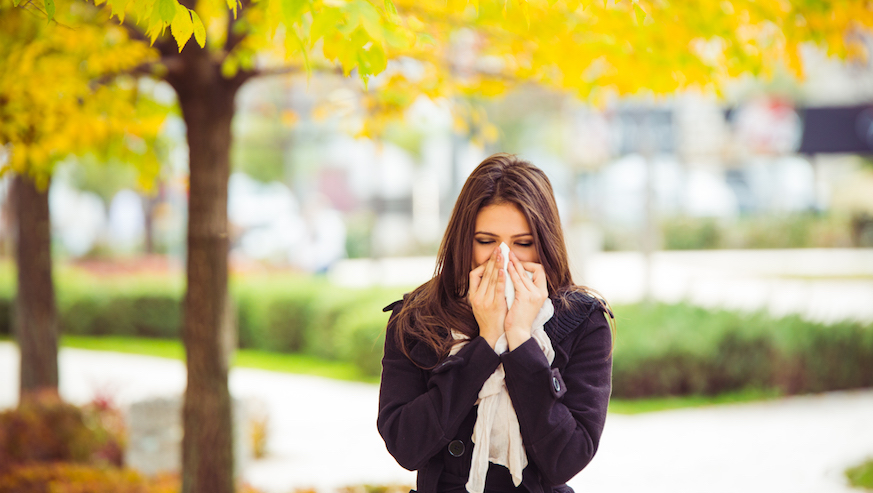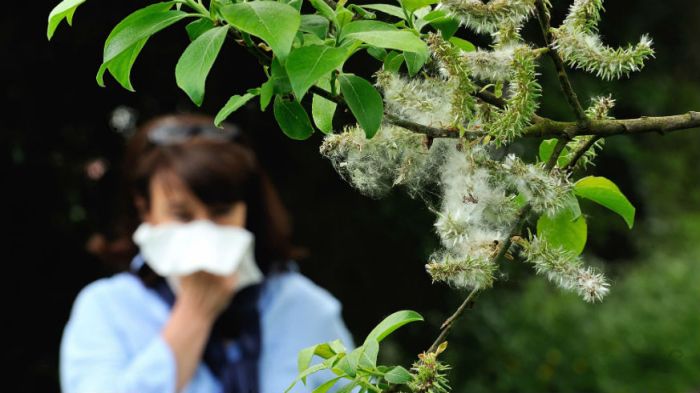Spring has sprung! Unfortunately, that also means allergy season is in full force. If you’re one of the 50 million people in the U.S. suffering through it, you’re not alone. We caught up with John H. Krouse, MD, Professor and Director of the Temple Head and Neck Institute, for some expert insights. Here’s everything you need to know about tackling seasonal allergies, from correctly identifying allergy symptoms to knowing which allergy medicine to take.
How common are seasonal allergies? They are extremely common issues that affect at least 30 percent of the population. When we hit these times of year when there’s a change in season, it can really trigger a reaction. For most of us, this translates to red, itchy eyes, sneezing, coughing and, in some cases, wheezing and difficulty breathing.
How do I know it’s not just a cold? Lots of people think they’re just prone to getting a cold whenever the seasons change, but this is often not the case. Colds typically last anywhere from seven to 10 days and are frequently not tied to the seasons. They’re also associated with colored mucus. Seasonal allergies can last for 6 to 8 weeks and are generally accompanied with clear mucus. What’s more, viral illnesses are often associated with fever, chills, muscle aches, pain and so on; seasonal allergies simply are not. That said, leaving allergies untreated can make it more likely that you’ll develop a sinus infection.
Are some parts of the country worse off than others? It’s certainly geographic, but for the most part, seasonal allergies occur throughout different regions of the U.S. What triggers an allergic response will vary, though. Tree pollen is a big issue this time of year across the entire country; oak, birch and maple are all in full effect during the spring. Summer culprits, on the other hand, tend to be grasses, while fall is associated with weeds, like ragweed.
What’s the first line of defense? Should I get an allergy test? I actually wouldn’t recommend running out and getting allergy testing right out the gate. Instead, the first step should be to try some good over-the-counter medicines. Nasal steroid sprays like fluticasone or antihistamines like fexofenadine represent simple, effective maintenance meds to keep seasonal allergies in check. If OTC medications just aren’t helping, then allergy tests might be useful.
What kind of expertise does Temple Health bring to the table? Nasal allergies overlap with things like acute and chronic sinusitis and asthma. At Temple, we look at allergies in their total context, creating individualized treatment plans that address all related conditions—not just allergies of the nose.























